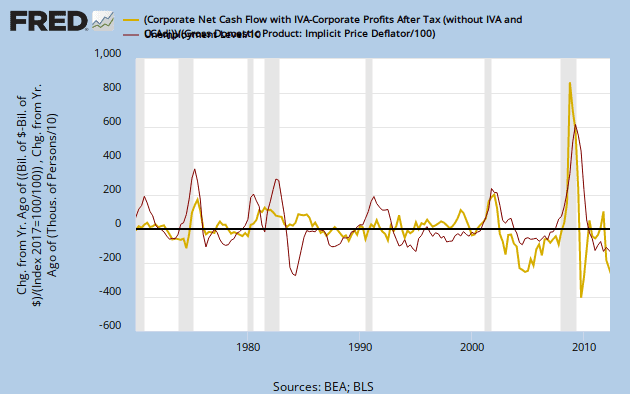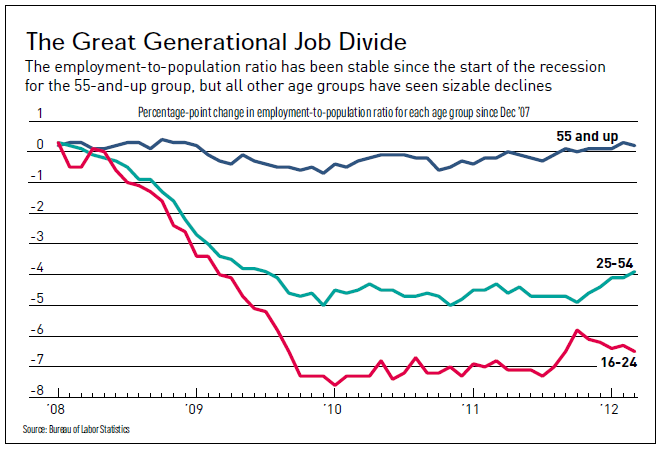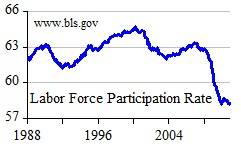Peach
Gold Member
- Jan 10, 2009
- 20,864
- 2,729
- 245
A good article; no economic experts use 2009 as a starting point; nor is there any factual basis for same. The beginning of the Great Recession was in 2007. Recovery has been slow, but the Great Recession was both deep and broad based:
Chart Book: The Legacy of the Great Recession — Center on Budget and Policy Priorities
Chart Book: The Legacy of the Great Recession — Center on Budget and Policy Priorities






